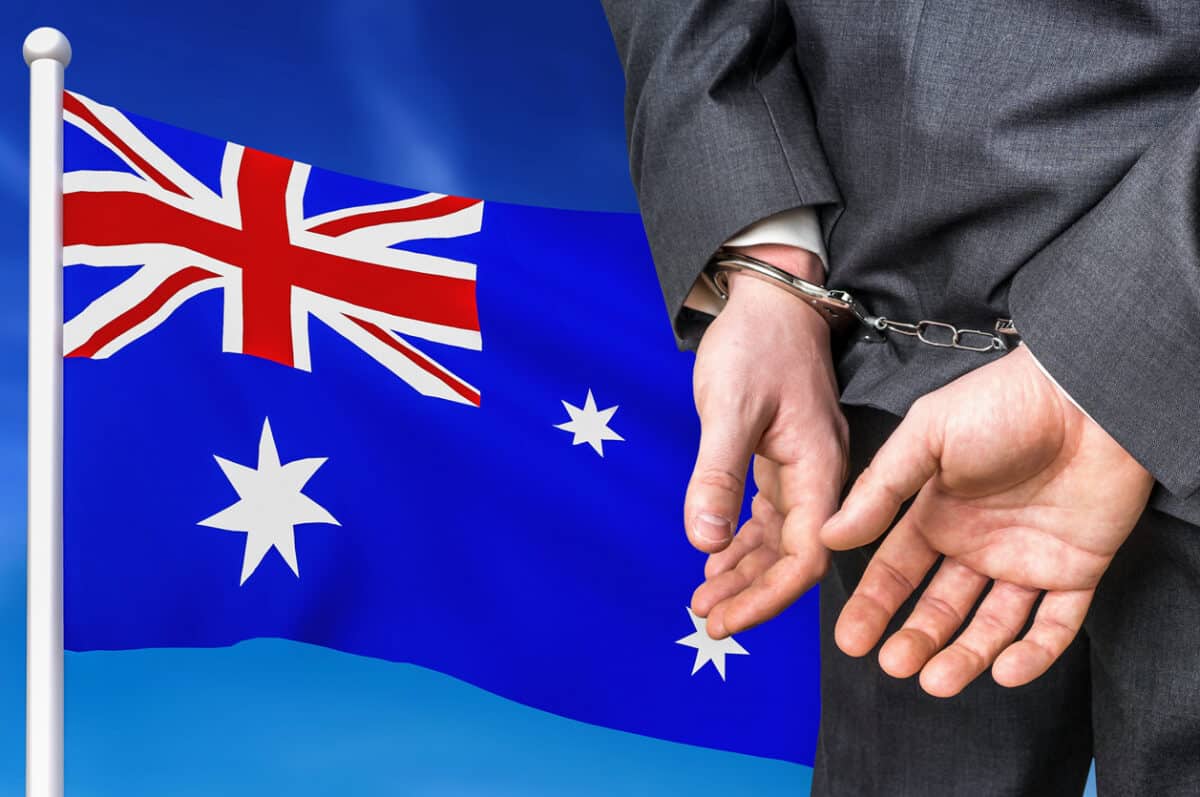On December 11 2020, Senator Deborah O’Neill (ALP) (unsuccessfully) sponsored a motion that, amongst other things, called on the Government to act on the recommendations of the 2018 inquiry in to industrial deaths and the Boland Review, and to introduce Federal industrial manslaughter laws. That last request will probably never occur under a Conservative government, but does not need to for such laws to be introduced across Australia.
It is good that pressure on important occupational health and safety (OHS) matters is maintained, even if the motion was “negatived”. However, perhaps more interesting was a couple of statements that Senator O’Neill’s actions generated, one of which is deconstructed below.





